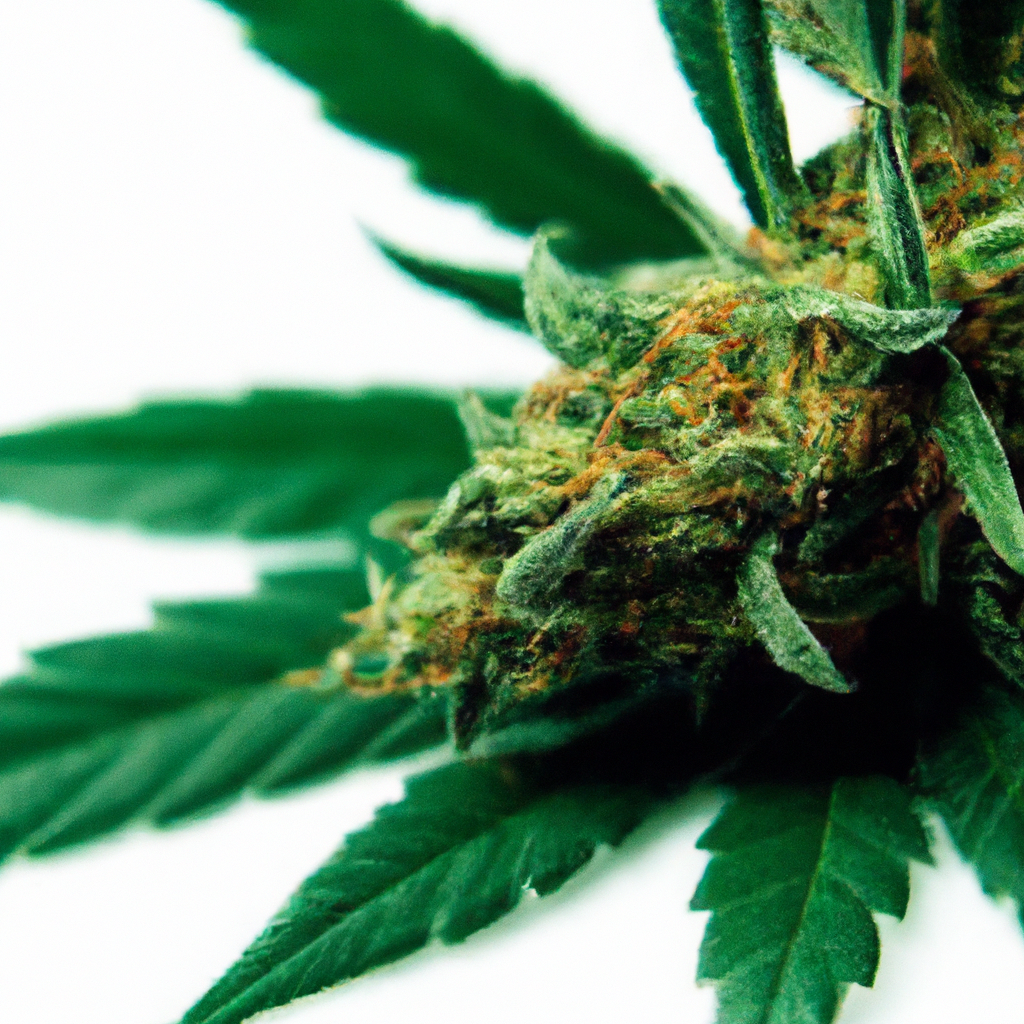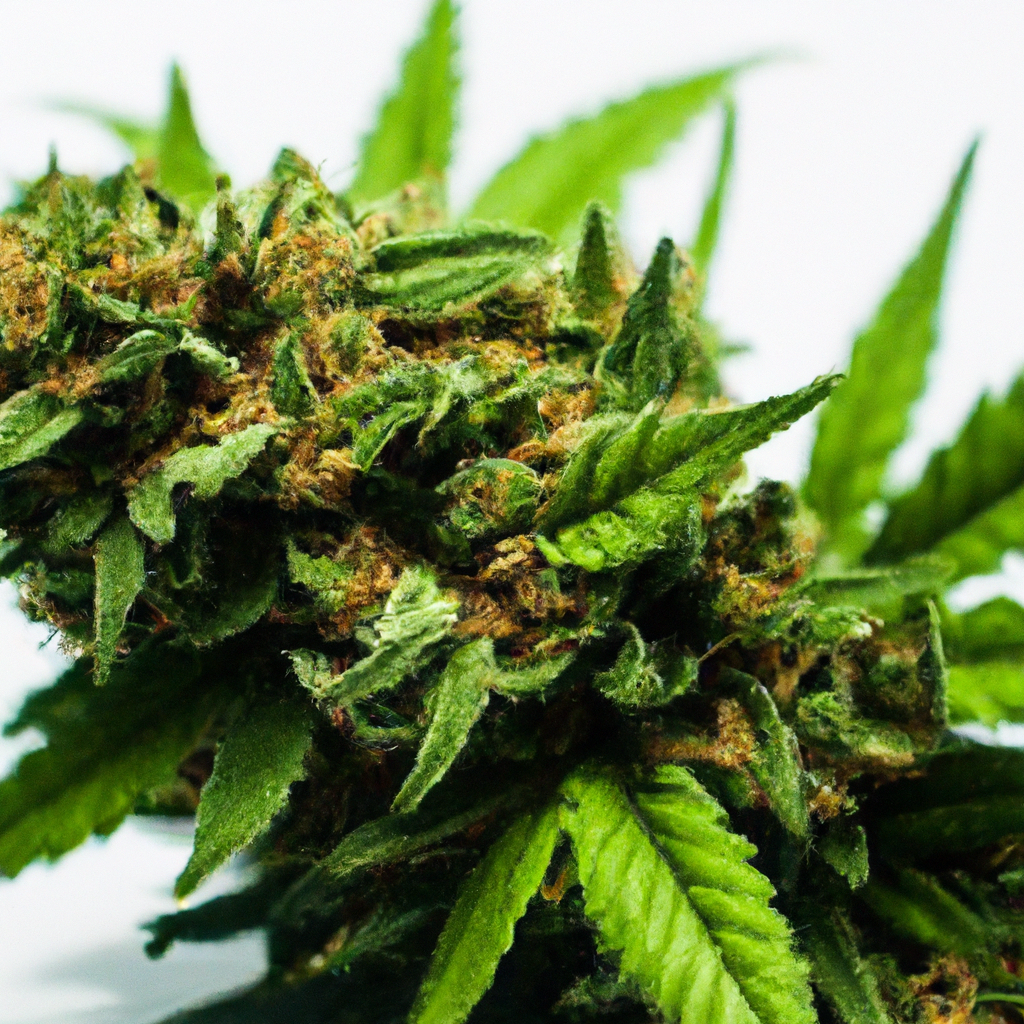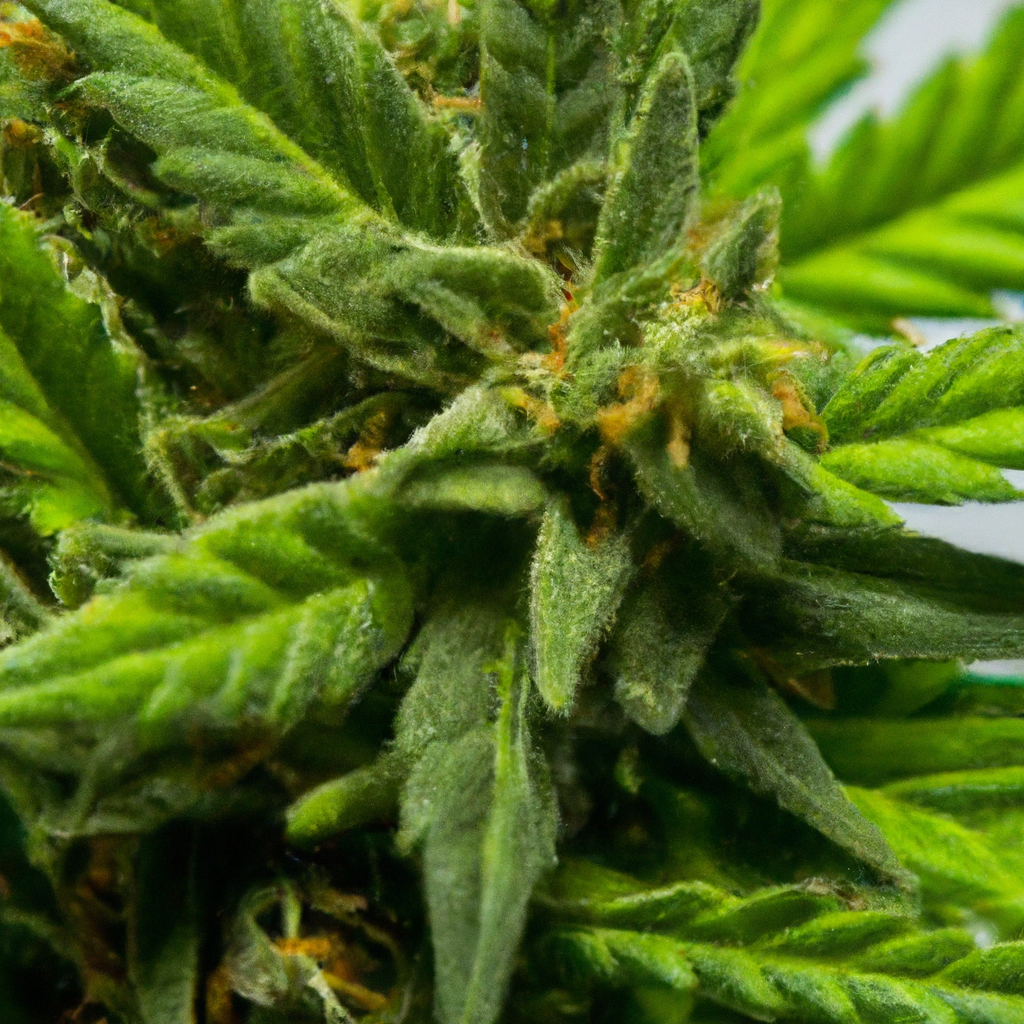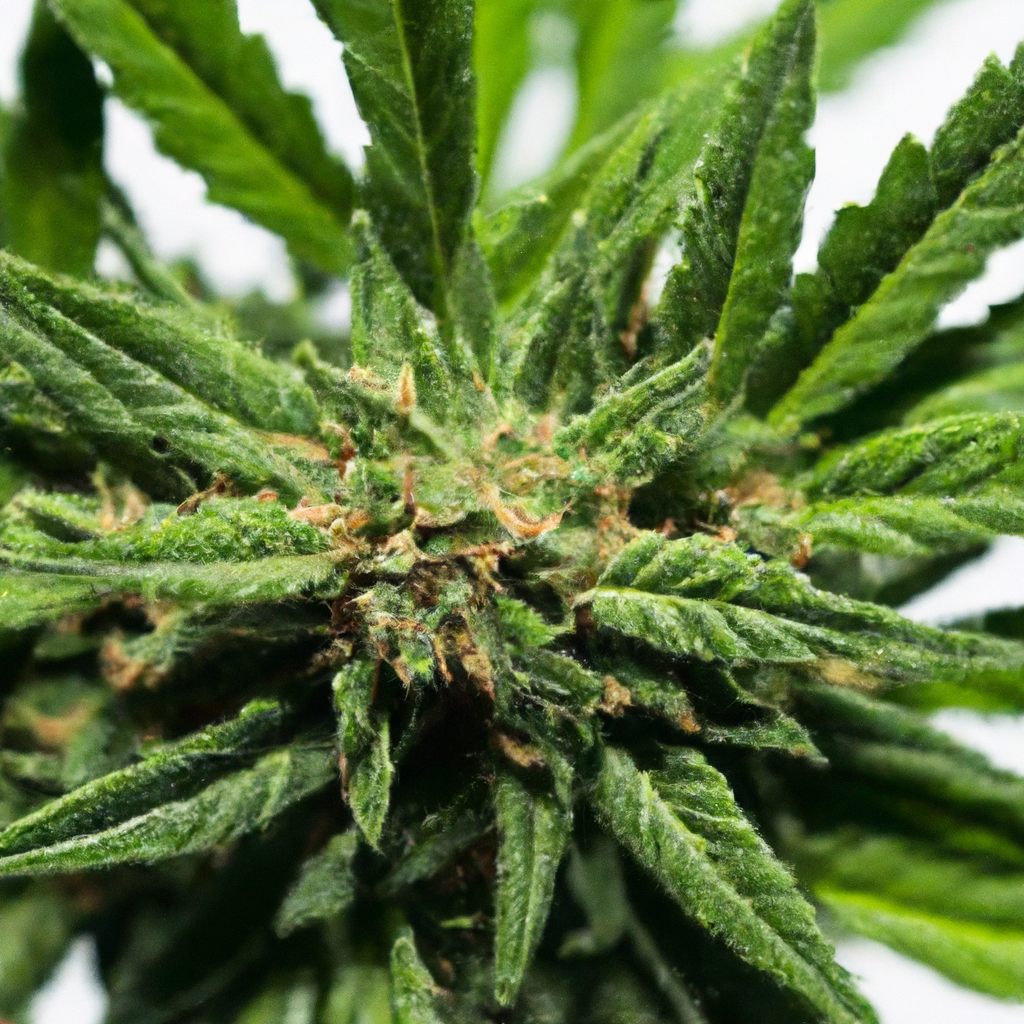Your cart is currently empty!
Tag: ScientificResearch

The evolving relationship between cannabis and the immune system is a growing focus of study, particularly as cannabis legislation changes globally. This article explores how cannabis interacts with the body’s immune system, detailing the role of key cannabinoids like THC, CBD, and CBG in modulating immune responses. Cannabis shows potential in offering anti-inflammatory effects, pain…

Recent research has highlighted the intriguing relationship between cannabis and neuroplasticity, the brain’s ability to reorganize itself by forming new neural connections. Cannabis compounds like THC and CBD may influence neuroplasticity, with THC potentially enhancing synaptic plasticity and CBD offering neuroprotective effects. Studies suggest cannabis could aid in learning, memory, and recovery from brain injuries,…

Antioxidants play a crucial role in combating oxidative stress and supporting health, and when paired with cannabis, the discussion becomes fascinating. This article explores how cannabinoids, like THC and CBD, may exhibit significant antioxidant properties by interacting with the body’s endocannabinoid system, potentially offering neuroprotective effects. Additionally, flavonoids in cannabis contribute to its antioxidant capabilities.…

With interest in cannabis-based therapies growing, researchers are exploring the potential of lesser-known cannabinoids like Cannabichromene (CBC). Unlike THC and CBD, CBC is non-psychoactive and offers unique therapeutic benefits through its interaction with the endocannabinoid system. CBC’s health advantages include anti-inflammatory properties, antidepressant effects, pain relief, and a neuroprotective role that may benefit conditions like…

The blog post explores the pivotal role of photosynthesis in cannabis cultivation, detailing how plants convert light into energy through light-dependent reactions and the Calvin cycle. It emphasizes the importance of optimal light conditions, such as spectrum, intensity, and duration, in promoting growth and yield quality. Practical tips include using adjustable LED lights, supplementing CO2…

As global views on cannabis evolve, its potential health benefits are gaining attention. This article explores the plant’s scientifically supported advantages, highlighting how compounds like THC and CBD offer therapeutic benefits. Cannabis is recognized for pain relief, improved sleep, anxiety reduction, and neuroprotection. Real-world cases demonstrate its impact on epilepsy and cancer symptom management. While…

Cannabis terpenes, aromatic compounds found in the plant, are gaining attention for their role in defining fragrance and flavor, as well as potential therapeutic benefits. Terpenes like limonene, myrcene, pinene, linalool, and caryophyllene contribute unique aromas and may influence health by synergizing with cannabinoids. For growers, understanding terpenes is key to optimizing cultivation, while consumers…

The world of cannabis extends beyond its most renowned compounds, THC and CBD, into a rich array of lesser-known cannabinoids, each offering unique properties and potential benefits. Exploring these cannabinoids, such as CBG, CBN, THCV, and CBDA, unveils promising areas for both recreational and medicinal applications. These compounds could be pivotal in treating a variety…

Explore the fascinating interaction between cannabis and the human body’s endocannabinoid system (ECS), a complex network crucial for maintaining balance in physiological processes such as mood, immune responses, and pain management. This article delves into how cannabinoids like THC and CBD interact with ECS components, highlighting their therapeutic potential. With ongoing research into the synergistic…

The global landscape of cannabis legislation has experienced significant shifts from strict prohibitions to discussions of recreational legalization. Initially criminalized by the mid-20th century, the late 1900s saw countries like the Netherlands adopt more liberal policies, driven by recognition of cannabis’s medicinal benefits. In the modern era, nations weigh legalization with regulation to address health…
